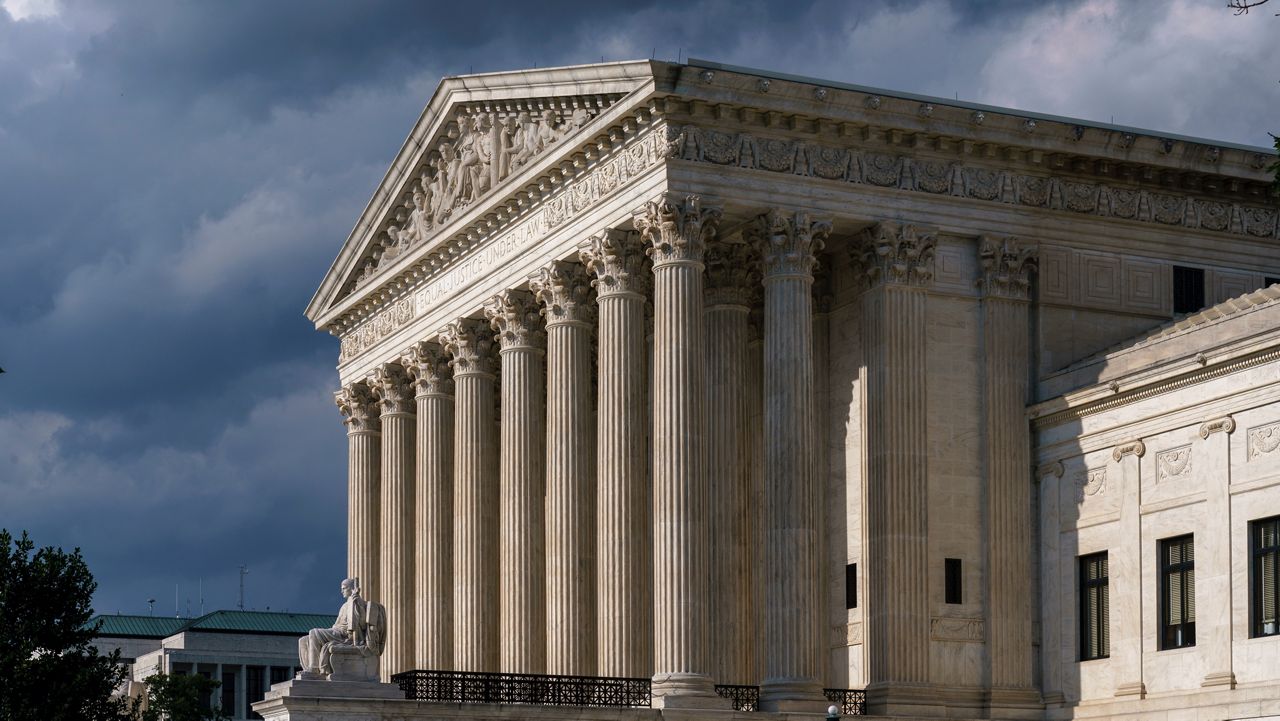The Supreme Court has agreed to hear a controversial election case next term which could dramatically limit state courts’ authority over redistricting and drastically reshape the role state legislatures have over federal elections.
The high court on Thursday, the final day of its term, agreed to hear Moore v. Harper, a North Carolina case which concerns a map drawn by the state’s legislature, but was thrown out by its highest court, rejecting it as a violation of the state’s constitution.
The map, drawn by North Carolina’s General Assembly, would have likely favored Republicans in the vast majority of the state’s 14 districts. The appeal challenges the court’s ruling which threw out the map.
The case is likely to question a legal theory known as “independent state legislature theory,” which comes from the Constitution’s election clause: "The times, places and manner of holding elections for senators and representatives, shall be prescribed in each state by the legislature thereof.”
Those who back the theory believe that that should give state legislatures standing to unilaterally set the rules for elections unencumbered by state courts, even if they violate state constitutions.
The Supreme Court ruled earlier this year to let the North Carolina high court’s ruling stand, but some of its conservative justices have expressed a desire to hear the question.
“This case presents an exceptionally important and recurring question of constitutional law, namely, the extent of a state court’s authority to reject rules adopted by a state legislature for use in conducting federal elections,” Justice Samuel Alito, joined by Justices Neil Gorsuch and Clarence Thomas, wrote in March.
“If the language of the Elections Clause is taken seriously, there must be some limit on the authority of state courts to countermand actions taken by state legislatures when they are prescribing rules for the conduct of federal elections,” Alito write. “I think it is likely that the applicants would succeed in showing that the North Carolina Supreme Court exceeded those limits.”
Justice Brett Kavanaugh did not join his fellow conservatives, citing the proximity to the 2022 midterm elections in November, but said that “the issue is almost certain to keep arising until the court definitively resolves it.”
The Supreme Court has never invoked the independent state legislature theory, but four of the court’s conservative justices have expressed interest in taking on the subject.
One of them, Justice Thomas, was among three justices who advanced it in the Bush v. Gore case that settled the 2000 presidential election.
The issue has arisen repeatedly in cases from North Carolina and Pennsylvania, where Democratic majorities on the states’ highest courts have invoked voting protections in their state constitutions to frustrate the plans of Republican-dominated legislatures.
The case will likely be heard in the fall.



